The design and build of a key component in the nuclear industry has been improved as a result of a unique cross-sector collaboration.
A team of experts from the civil and defence sides of the nuclear industry, led by the UK Alpha Resilience & Capability (ARC) Programme, has developed new UK Engineering Standards for gloveboxes and containment design, to improve safety, sustainability, and efficiency.
The standards were formally agreed by the UK's major nuclear operators at a signing ceremony in June and are in the process of being adopted.
Engineering standards are the criteria and specifications used to guide engineering projects and processes.
This is the first time such an approach has been implemented to cover the lifecycle of gloveboxes and containment design.
Kierra Desay, UK ARC's programme manager said: "Developing and agreeing these standards is a huge achievement for everyone involved.
"These standards will enhance the quality, safety, reliability, efficiency, and interoperability of engineering practices.
"They will help our supply chain to understand exactly what we need so they can help us improve the technology, safety, and sustainability of gloveboxes.
"I'd like to thank everyone involved for their contributions and of course the operators for ultimately adopting the standards."
Gloveboxes are integral to many operations in the nuclear industry. They allow hazardous materials to be handled in a contained environment.
Thousands of new gloveboxes are needed to support current and future missions in the civil and defence sectors of the UK nuclear industry, at places like Sellafield and AWE.
The UK ARC programme is a partnership between government, nuclear operating companies, and the wider nuclear industry. It works to ensure the UK has the skills it needs to complete current and future missions related to special nuclear materials.
Partners include the Department for Energy & Net Zero, the Nuclear Decommissioning Authority, the Office for Nuclear Regulation, Sellafield Ltd, Dounreay Sites Restoration Ltd, Atomic Weapons Establishment, National Nuclear Laboratory, and Nuclear Skills Strategy Group.
Construction News
29/08/2024
New Standards Established In Nuclear Engineering
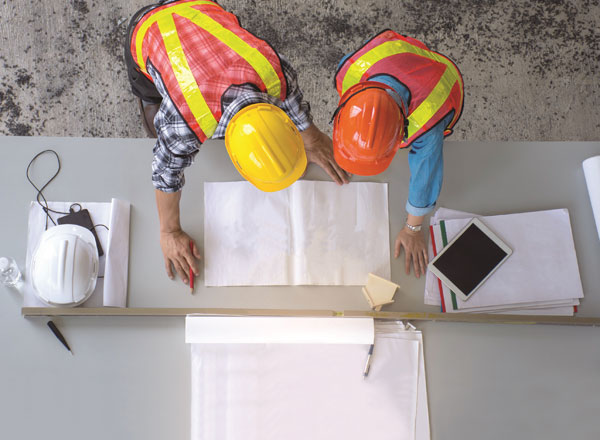

25/04/2025
Aston Villa Football Club has unveiled plans to refurbish and expand the iconic North Stand at Villa Park, a major step in the wider regeneration of the North Grounds.
The redevelopment will raise the stadium's total capacity to over 50,000, with the North Stand alone increasing to more than 12,00
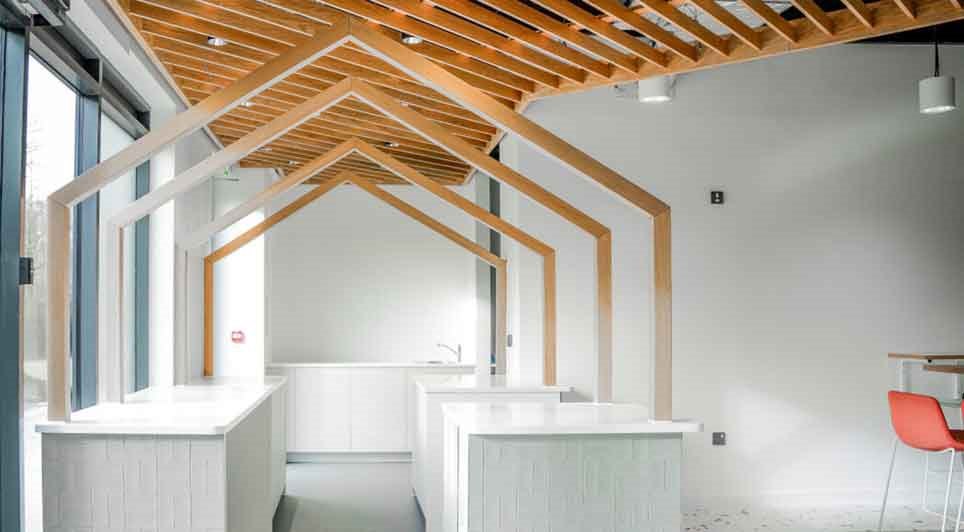
25/04/2025
Morgan Sindall Construction's Southern Home Counties team has officially handed over the newly completed Crawley Innovation Centre to Crawley Borough Council (CBC).
The transformation of the former TUI travel house into a cutting-edge innovation, economic and technology hub drew local leaders, busi
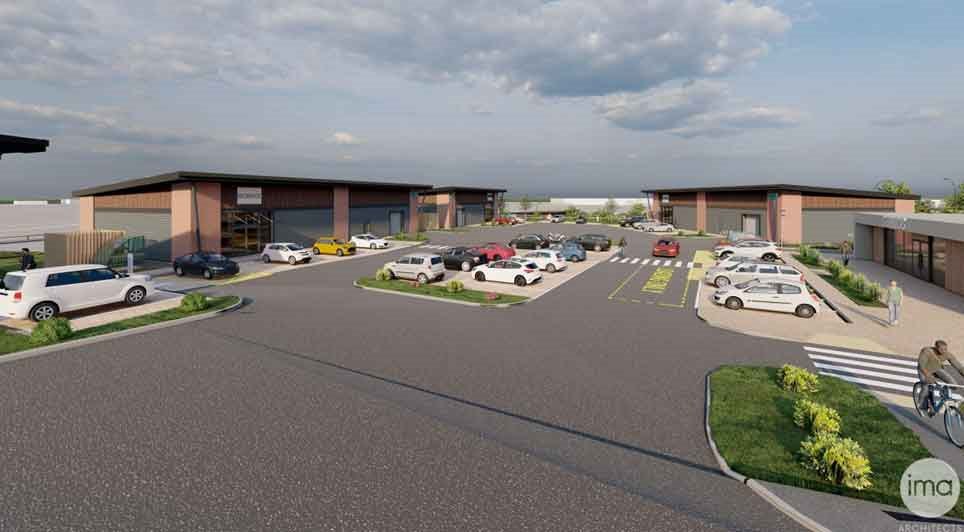
25/04/2025
Clowes Developments has confirmed that construction will soon commence on five new trade counter, warehouse and industrial units at Stud Brook Business Park in Castle Donington, following planning approval from North West Leicestershire District Council.
The new development, Plot 1, will feature fi

25/04/2025
A historic 18th-century landmark has been carefully restored as part of the major Garendon Park housing development in Loughborough.
The Grade II* listed Obelisk, located within the grounds of the former Garendon Hall estate, had endured years of weathering before undergoing a sensitive restoration

25/04/2025
Mace has appointed industry heavyweight, Gary Sweeney, to head up its European team working across the Healthcare, Life Sciences and Technology sectors.
Gary joins Mace following a spell as Interim Director in Turner & Townsend’s Advanced Manufacturing, Industrial and Logistics division in the UK
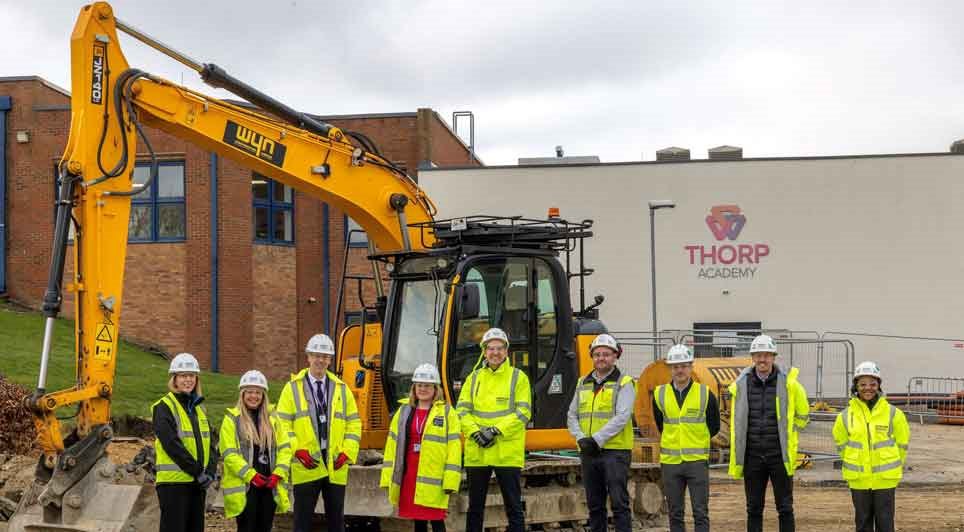
25/04/2025
A groundbreaking ceremony has recently marked the start of a £5.5 million extension project at Thorp Academy in Ryton, Gateshead.
The development, aimed at accommodating the growing student population, is being delivered by Morgan Sindall Construction on behalf of the Northern Education Trust (NET
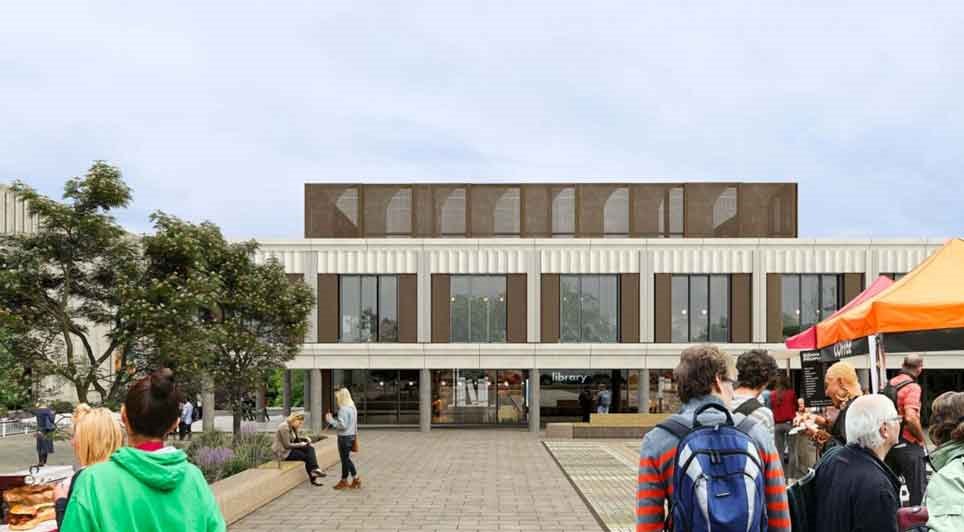
25/04/2025
Wakefield-based Henley Stone Specialists has been appointed to deliver Glass Reinforced Concrete (GRC) elements for the first phase of 'Our Cultural Heart', Kirklees Council’s flagship project aimed at revitalising Huddersfield town centre.
Part of the Henley Construction Management Group, Henley S
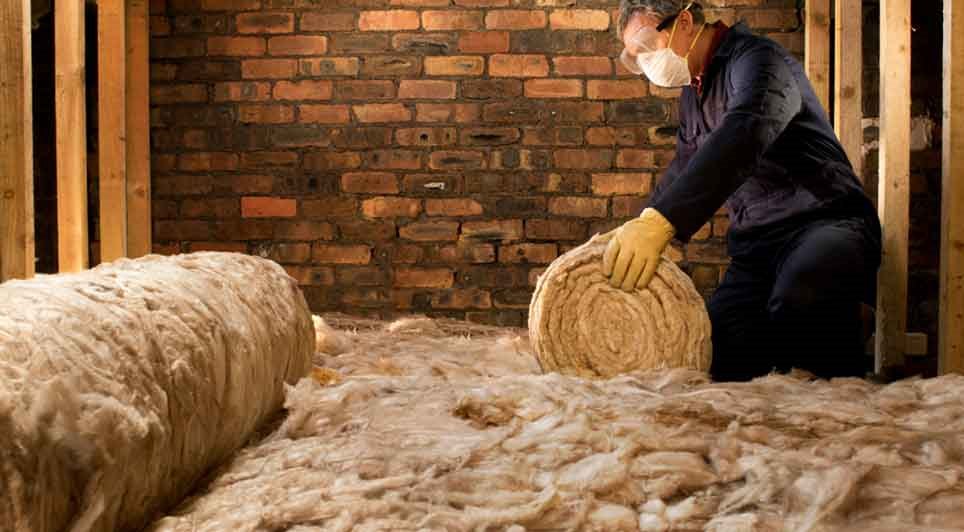
25/04/2025
More than 2,500 Nottingham homes are set to benefit from energy efficiency improvements as part of a major £153 million regional initiative to cut household bills and carbon emissions.
Nottingham City Council's Executive Board has approved the acceptance of nearly £76 million in Government funding
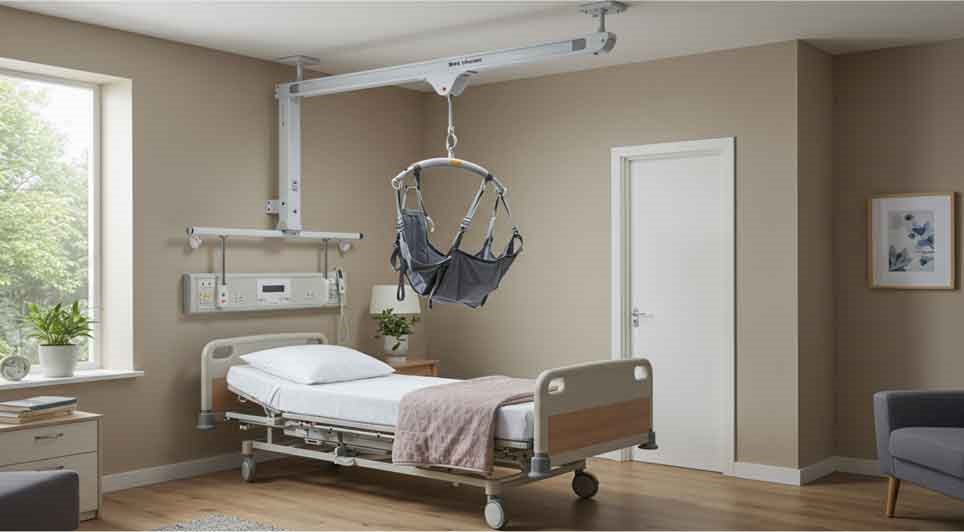
25/04/2025
Introduction: What Is a Fitted Hoist?
A fitted hoist is a mechanical lifting device installed in the home to help safely move individuals with limited mobility. Commonly found in bedrooms, bathrooms and living spaces, these systems make it easier and safer to transfer someone between a bed, chair,
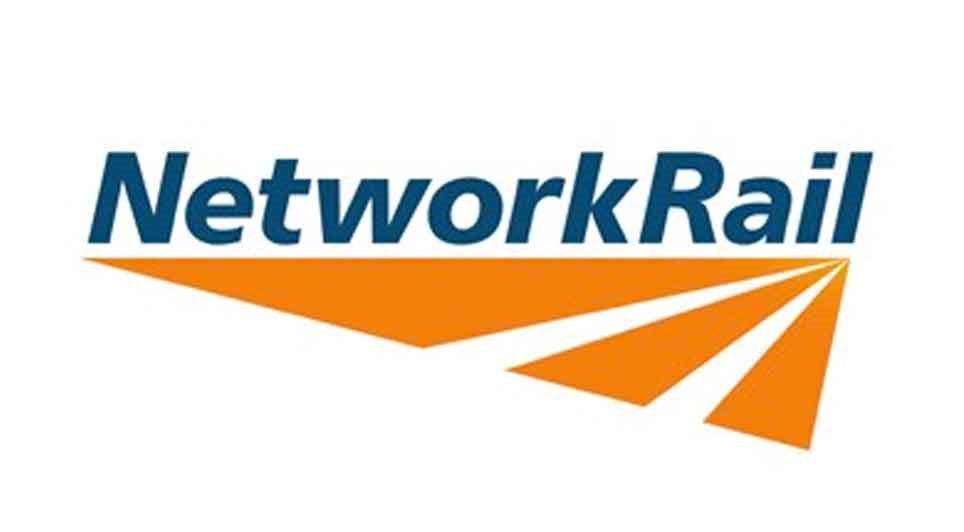
25/04/2025
Rail services between Hereford and Shrewsbury are facing significant disruption following the collapse of an underground culvert, forcing the closure of the line in both directions.
Emergency engineering works are underway to ensure the safety of the railway.
Network Rail's engineering teams are
 UK
UK Ireland
Ireland Scotland
Scotland London
London











